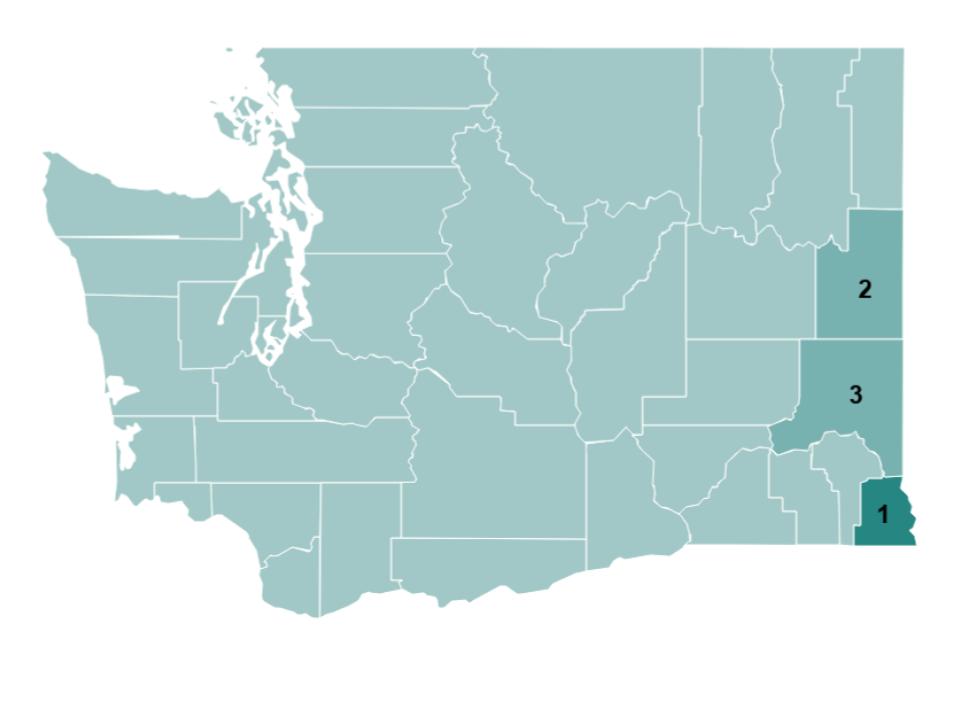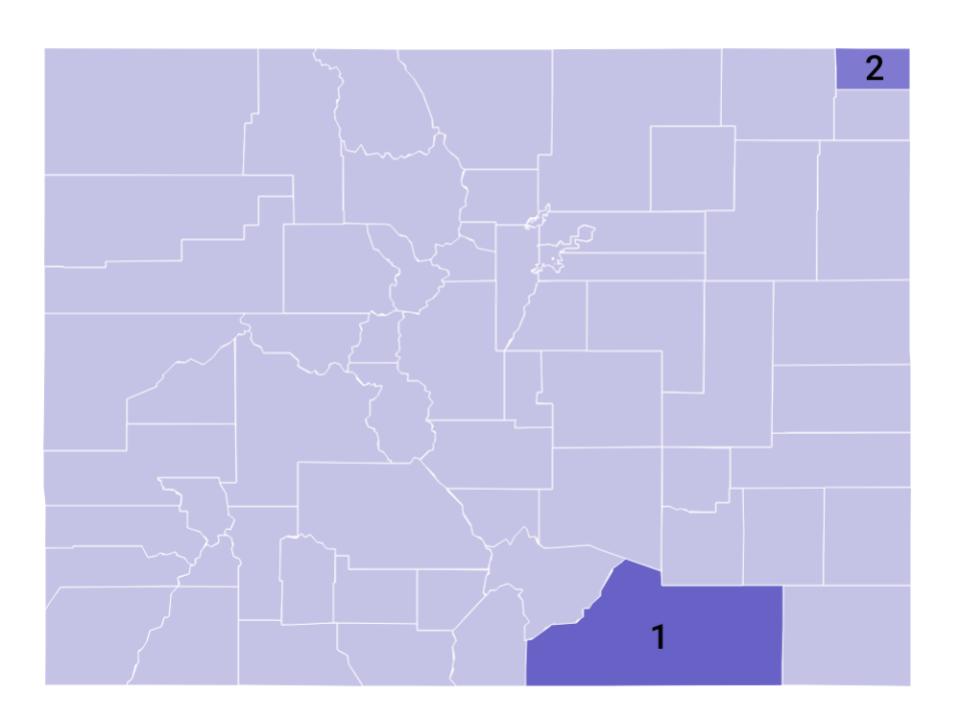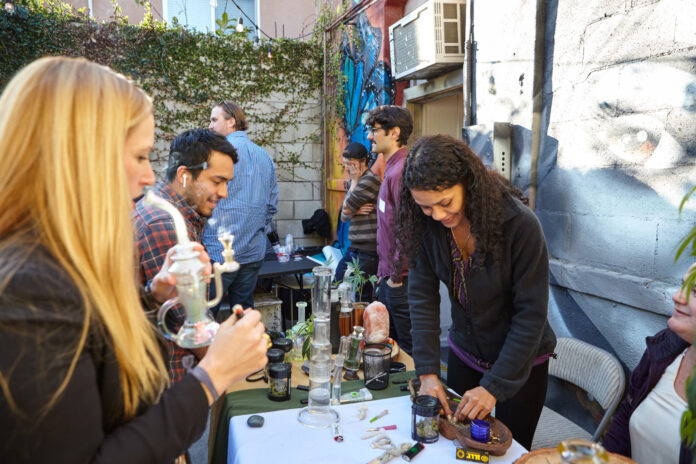While more Americans have access to the legal cannabis industry now than ever before, residents of Idaho and Nebraska are still stuck in full prohibition. Per-capita cannabis sales data from border towns in Washington and Colorado both show that Americans are willing to drive long distances for legal marijuana, and state and local governments are missing out on significant tax revenue.
Prohibition at the state level is the most common barrier to access; however, even within recreational states, there are many municipalities and even entire counties that have chosen to maintain the prohibition of cannabis. Would-be cannabis customers are not easily deterred by a lack of local access and often travel across city, county, and state borders to make purchases elsewhere. This trend should be a huge red flag to lawmakers who continue to support prohibition. The laws are not preventing consumers from purchasing cannabis, only redirecting the valuable tax revenue to the bordering state.
Additionally, cross-border shoppers who have traveled long distances to make their purchases are more motivated to engage in “looping” purchase behaviors, in which customers buy more than the legal limit by visiting a shop more than once in a specified time period. This practice puts both customers and local businesses at risk.
Border counties with higher-than-average sales
To observe this consumer trend in action, let’s examine a few counties located on the borders of Washington and Colorado. These counties have a much higher-than-average amount of per-capita cannabis sales than other counties in the state. Per-capita sales is an important metric for these analyses, because it allows us to scale against the local population of each subject county.
Washington border counties
Let’s start with Washington state. In the map below, we’ve labeled three counties with the highest rates of per-capita sales over the past year. All three counties (Asotin, Spokane, and Whitman) share a border with Idaho, one of only two remaining U.S. states enforcing full prohibition. Asotin County (labeled “1” in the map below) has a higher per-capita spend on cannabis than any other county in Washington. The per-capita spend in this rural county that borders both Idaho and Oregon is more than three times higher than the per-capita cannabis spend of the average Washingtonian.

Colorado border counties
Next, let’s analyze Colorado. When we compare all counties in this state by per-capita spend, two counties see much higher relative rates of cannabis sales than the others. These two counties are not close to each other, but both are close to state borders. Sedgwick County (labeled “2” in the map below) borders Nebraska, and Las Animas County (labeled “1”) borders New Mexico. Nebraska is the second U.S. state that still entirely prohibits cannabis, so cross-border shopping in Sedgwick County is no surprise. New Mexico’s adult-use legalization law just went into effect, so it will be interesting to watch trends in Las Animas per-capita sales over the next year. Suppose fewer New Mexicans are crossing the border to shop for cannabis due to legalization in their home state. In that case, we should see the per-capita sales rate in Las Animas county drop significantly in the months to come.

Prohibition is no deterrent
With evidence from two different markets, it is clear counties with recreational cannabis available attract customers from other nearby areas. This activity should be a massive indicator to state, county, and local lawmakers that the continued prohibition of cannabis is futile; motivated customers will find a way to purchase elsewhere. Additionally, forcing residents to shop out of state or county causes these areas to lose significant tax revenue and encourages risky “looping” purchase behavior.
It’s time for government bodies to get on board and realize the tide of cannabis legalization is moving forward — with or without them.

Cy Scott is co-founder and chief executive officer at Headset Inc., turning retail data into real-time cannabis market insights. He provides industry analysis and insights about innovative brands through his weekly blog, Cannabis Packaged Goods. Prior to founding Headset, he co-founded Leafly and helped grow the site into the world’s leading cannabis information resource. Along with his work at Headset, Scott founded a monthly Cannabis Tech Meetup hosting cannabis entrepreneurs and technology developers that has expanded into multiple regions throughout the U.S. Scott’s favorite strain is Tangie.












